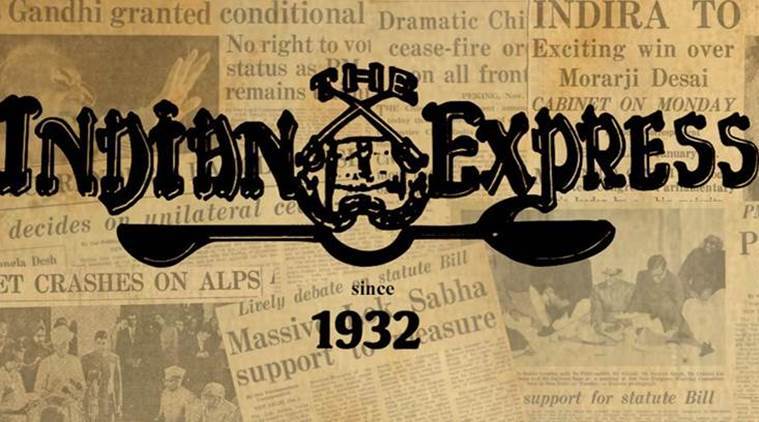Policy on the fly
India’s bumbling with Maldives is a warning — Delhi has few cards to play, seems intent on squandering even those

Maldives has asked India to take back its gift of two Dhruv Advanced Light Helicopters, one manned by the Indian Coast Guard and another by the Indian Navy, by the end of June.
India’s foreign policy has enjoyed a feel-good ride in the last couple of weeks — the rebranding of the Asia-Pacific as the Indo-Pacific, a long overdue handshake and important agreements with the ASEAN powerhouse, Indonesia, and the renewed push at dialogue with China. The Indo-Pacific nomenclature has particularly been praised for its acknowledgement of India’s importance as a regional power. But the big picture is grainier. It is no secret that India’s relations with the Maldives are in a shambles, but what is worse is that Delhi seems to be clueless about how to rectify the situation. Last week it emerged that the Maldives immigration authority has not been issuing work visas to Indians since March this year.
Clearly, this is retaliation from the Maldives for India’s condemnation of Maldivian President Abdulla Yameen’s declaration of emergency in February after the country’s Supreme Court reversed the conviction of opposition leader, Mohammed Nasheed, and others. Around 2,000 visa applications are said to be held up.
Maldives has also asked India to take back its gift of two Dhruv Advanced Light Helicopters, one manned by the Indian Coast Guard and another by the Indian Navy, by the end of June. Though the Maldivian government has said that these were not the helicopters it wanted, the real worry seems to be the presence of Indian defence personnel who are maintaining and operating the aircraft.
What, then, to make of the Indian vote for the Maldives — as claimed by the Maldivian Ambassador to India in a tweet — in the UN Security Council secret ballot elections for the one non-permanent Asia seat that was also contested by Indonesia, which went on to win the required two-third votes from the General Assembly with enough to spare? India has not denied the claim. But the least it should do is explain this position.
There may be a point to fulfilling a long given pledge to the Maldivian state (differentiating it from the government of the day), and putting the neighbourhood first. If that is indeed the explanation, there should be no reason for the secrecy cloaking India’s support to the Maldives at the UNSC election at a time when more than half the world decided, mainly on the basis of President Yameen’s increasingly authoritarian tendencies, against giving the country a seat for two years at the arguably most important international high table.
Two days later, India, too, joined the chorus of condemnation against Yameen, expressing “dismay” at his government’s decision to jail former President, Maumoon Abdul Gayoom, for 19 months. India has said the sentence “cast[s] doubts” over the Maldivian government’s commitment to uphold the rule of law and “question[s] the credibility” of the ongoing process of the presidential election to be held in September. But the fact is, there have been doubts for weeks about the credibility of the presidential election after it emerged that Yameen would be the only major candidate, and Delhi was silent then.
The truth is that India has few cards to play in the Maldives, and it seems intent on squandering even these. Farther afield in the Seychelles, another challenge has come up. President Danny Fuare has said his government will not proceed with an agreement with India to develop a naval base on Assumption Island after the project ran into political opposition. It is nice to be carried away by the currents of the Indo-Pacific, but overcoming the undertow in the Indian Ocean requires more than muddling through.
For all the latest Opinion News, download Indian Express App






































No hay comentarios:
Publicar un comentario